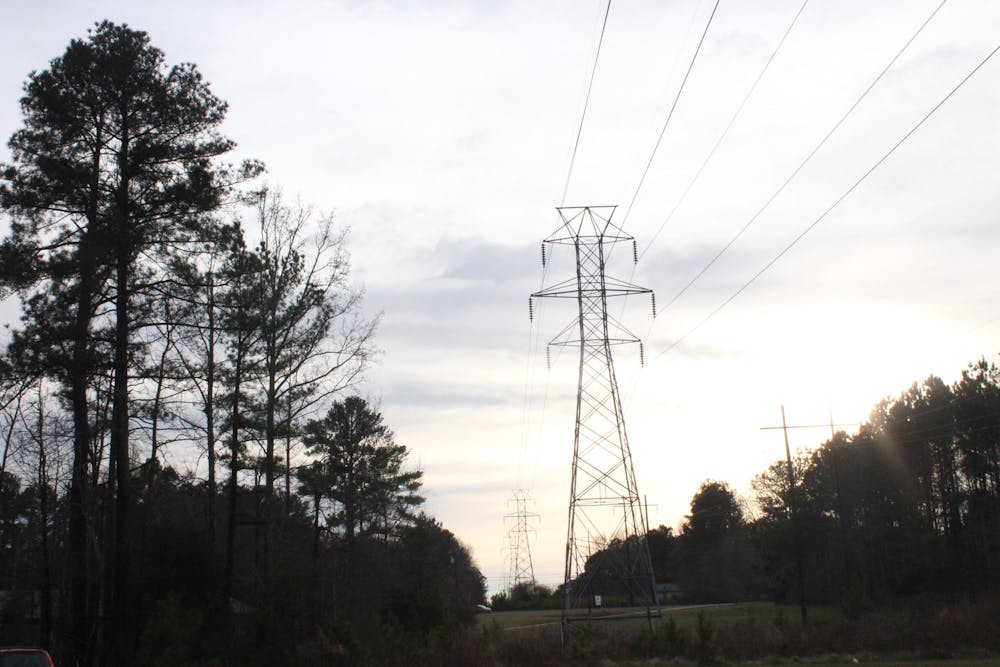American infrastructure is not doing well. Even here in North Carolina, the infrastructure projects mostly built in the wake of World War II are crumbling. Action needs to be taken now.
Every four years, the American Society of Civil Engineers generates a state-by-state report card for infrastructure, as well as a national report card. For the first time since the ASCE began issuing the report card, the U.S. is out of the D range, scoring a C-.
Improvements are being made, but it isn’t enough. Unfortunately, these infrastructure groupings aren’t pass/fail classes — these are vital requirements for a healthy nation.
North Carolina has not received an individual grade since 2013, when it achieved a C. In 2013, North Carolina earned a B+ in energy. By comparison, the U.S. as a whole scored a C- in energy for 2021.
Texas’s branch of the ASCE gave the state a C, with a B+ in Energy. If a B+ in energy gets you statewide blackouts that could have lasted for months, the rest of the nation needs to be worried. Especially since the average age of America's electrical grid bases is over 40 years, with more than a quarter of the grid being at least 50 years old.
Texas was simply unprepared for the cold weather, which should not have been out of the realm of possibility — it happened in 1989 and 2011 as well. The issue was not with the technology, but rather the preparations of the companies that run the public utilities. However, with climate change, things like this shouldn’t surprise us anymore.
Despite receiving the same score as Texas, North Carolina does not have the same issues with energy sourcing. Instead, North Carolina depends on the Eastern Interconnection rather than an independent power grid. The blackout in Texas pales in comparison to an entire Eastern Interconnection blackout.
Overladen demand in the Eastern Interconnection could cause a power shutdown for large swaths of land, as seen in the 1965 and 2003 blackouts. Unlike those blackouts, which lasted up to four days in some places, the Texas blackout lasted nearly five days.
The focus on energy rather than overall infrastructure was purposeful, as only four other categories scored higher than energy in the national infrastructure report card. If energy is doing this poorly, the other categories that fall below (schools, wastewater, roads and public transit, to name a few) are doing that much worse.



